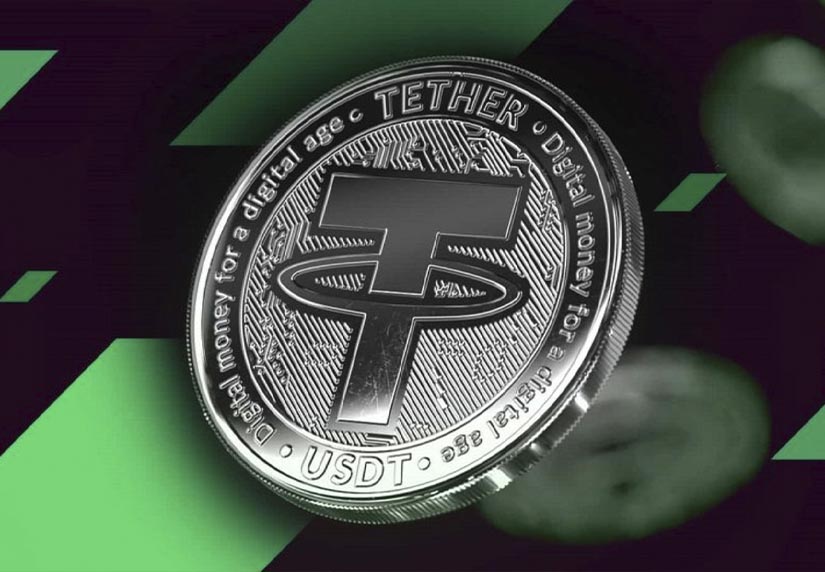Tether (USDT) has become an increasingly preferred tool for money launderers and fraudsters in Southeast Asia, a report from the United Nations Office on Drugs and Crime (UNODC) warns.
Recently released, the report highlights how the Tether crypto token, also known as “tether”, is at the center of a growing scam industry, including those that manipulate fake romantic connections to gain the trust of victims before persuading them to transfer significant sums, in a tactic commonly called “pig slaughter”.
In recent years, law enforcement authorities and financial intelligence agencies have reported accelerated growth in the use of specialized high-speed money laundering teams, which focus on the underground use of Tether.
The report also highlights that the evolution of cryptocurrencies, along with other rapid technological developments, has revived a decades-old practice among organized crime gangs in Southeast Asia, using illegal casinos to launder illicit funds.
“Online gambling platforms, especially those that operate illegally, have emerged as some of the most popular vehicles for cryptocurrency-based money launderers, especially those using Tether”
Point to the report.
Jeremy Douglas of UNODC added:
“Organized crime has effectively created a shadow banking system using new technologies, and the proliferation of poorly regulated or completely unregulated online casinos along with cryptocurrencies has boosted the region’s criminal ecosystem.”
The Tether digital token is a stablecoin, a cryptocurrency that typically follows a hard currency to stabilize its price.

It is pegged to the US dollar and allows traders to move in and out of cryptocurrency transactions, unlike cryptocurrencies like bitcoin which are not pegged to hard currencies and are primarily used for speculative purposes.
With approximately $95 billion in circulation, Tether is the largest cryptocurrency of its kind
The UNODC report reveals that several money laundering networks responsible for moving illicit Tether funds have been dismantled in recent years, including an operation that recovered $737 million in cash and cryptocurrency by Singapore authorities in August of the past year.
In November of the same year 2023, following a joint investigation with US authorities and the OKX cryptocurrency exchange platform, Tether froze $225 million of its tokens linked to a “pig slaughter” and human trafficking network in Southeast Asia.
Despite enforcement actions on digital assets in the US and elsewhere, criminal groups have continued to use the Tether token as an effective method of moving funds, even to the point that some casinos specialize in handling this token.
Documents seen by the FT show that a money laundering syndicate in Shan State, Myanmar, has even placed a sign on a busy street advertising Tether and promising to exchange USDT tokens for cash.
Despite regulatory challenges and past allegations, Tether is seeking to address illicit use on its platform, having announced its collaboration with US authorities and with a significant increase in the number of Tether wallets that have been banned.


